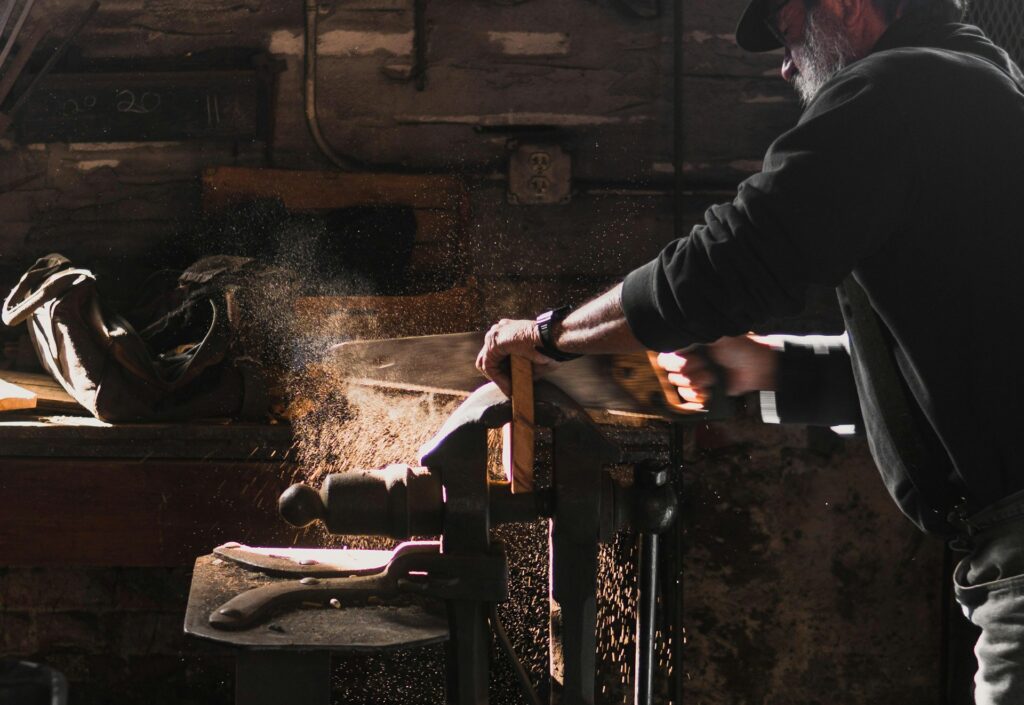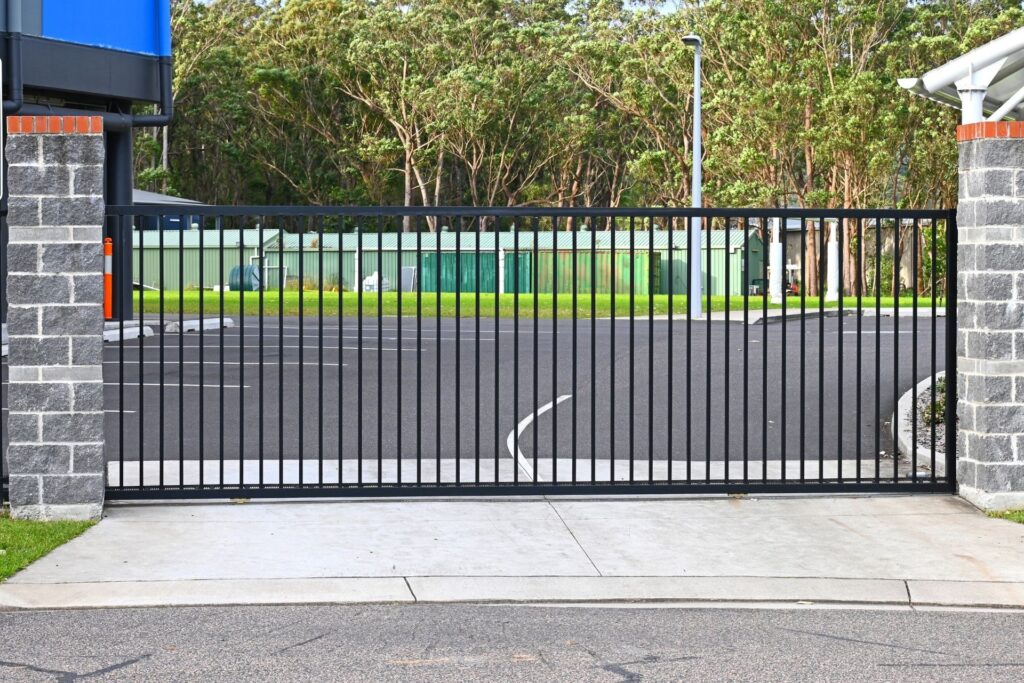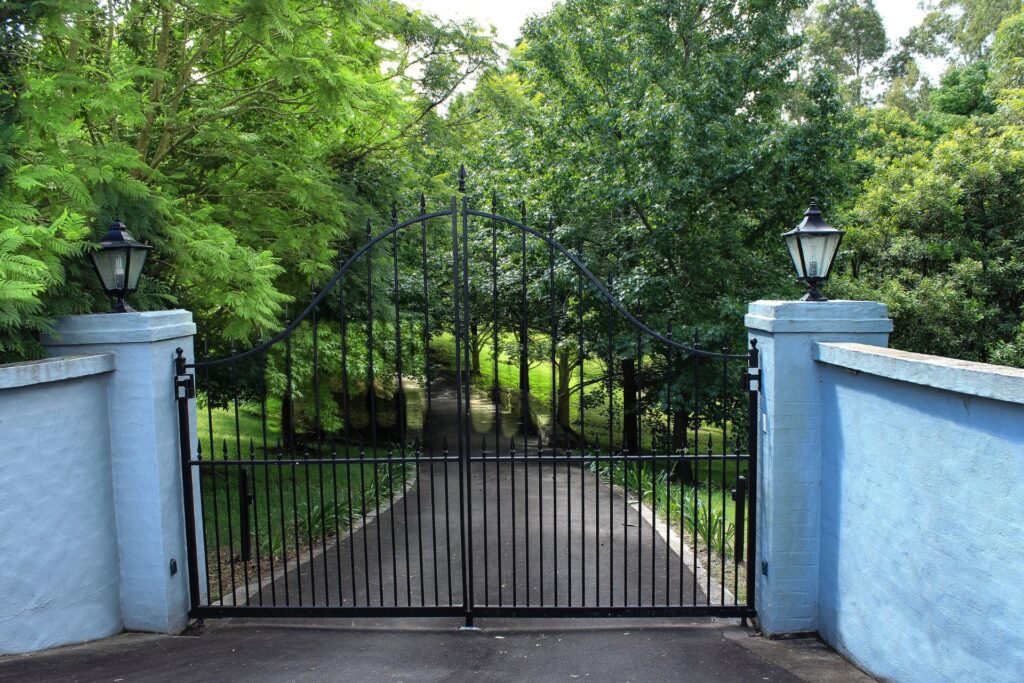Hiring a handyman in New Zealand is a practical solution for both homeowners and businesses facing repair, maintenance, or minor renovation tasks. The convenience of having a skilled professional who can handle a variety of jobs cannot be overstated. However, the cost of handyman services can vary widely based on several factors, including the nature of the job, the handyman’s experience, and the location. This blog post aims to explore the nuances of handyman costs in New Zealand, offering insights into what influences these costs and how you can effectively budget for handyman services.
The cost of hiring a handyman in New Zealand typically ranges from NZ$20 to NZ$50 per hour, with variations based on the handyman’s experience, skill level, and the job’s location. Specialized tasks may incur higher rates. For specific projects, handymen may offer a fixed rate based on the scope of work, which can provide a clearer upfront cost.
Additional expenses might include materials, travel fees, and any urgent service call-out charges. When budgeting for handyman services, it’s essential to consider the nature of the task, the materials required, and whether the job is in a rural or urban area, as these factors can significantly influence the overall cost.
Understanding Handyman Services
Definition and Scope of Services
A handyman is a jack-of-all-trades professional capable of performing a wide range of repairs and maintenance tasks. Unlike licensed tradespeople who specialize in specific areas like plumbing or electrical work, handymen are known for their versatility, tackling everything from minor repairs to general upkeep tasks around residential and commercial properties.
Common Handyman Tasks
Typical handyman tasks include fixing leaky faucets, patching drywall, assembling furniture, painting walls, basic carpentry, and installing appliances. These services are invaluable for routine property maintenance and small projects that don’t require specialized licenses.
Benefits of Hiring a Handyman
The primary benefits of hiring a handyman include saving time and money, benefiting from a professional’s expertise for a wide range of tasks, and the convenience of having one person handle multiple jobs. Handymen can often source materials cheaper and complete jobs more efficiently than the average homeowner.
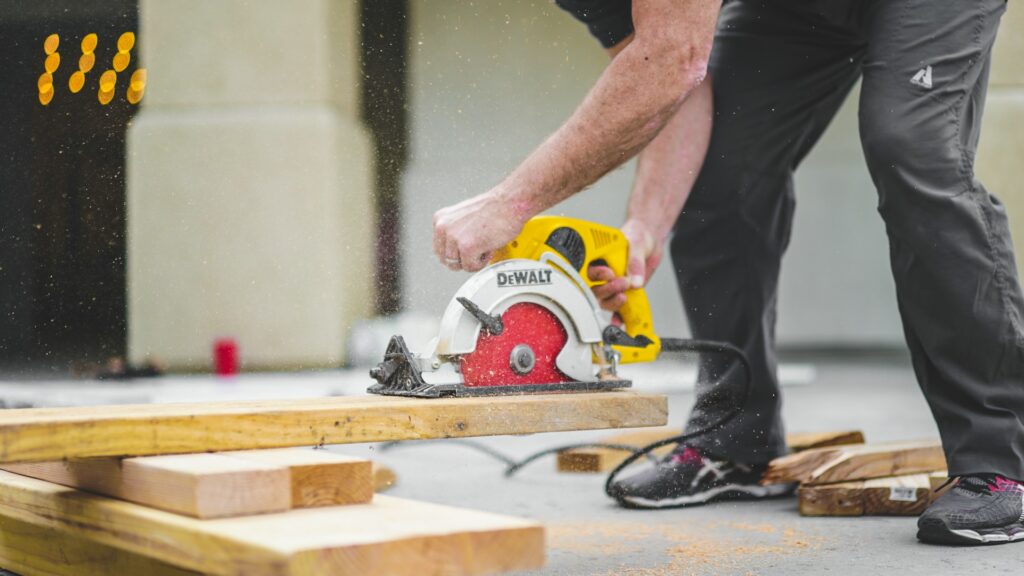
Factors Influencing Handyman Costs
When considering hiring a handyman for various tasks around your home or business, it’s essential to understand the myriad factors that can influence the overall cost. This understanding not only helps in budgeting and planning but also ensures that you receive fair and transparent pricing for the services you require. Let’s delve into the primary elements that affect handyman costs, with a keen focus on ensuring the content resonates well with human readers and aligns with SEO best practices.
Experience and Skill Level
The experience and skill level of a handyman play a pivotal role in determining their service charges. Highly experienced handymen, boasting years of hands-on work and a broad skill set, typically command higher rates. This premium is not just for their time but for their expertise, which ensures that the job is done right the first time. For instance, a seasoned handyman may quickly diagnose and fix a complex plumbing issue, whereas a less experienced individual might take longer or require multiple attempts to achieve the same outcome.
In terms of pricing, tasks deemed more complex or requiring specialized skills are priced accordingly. For example, installing a new electrical outlet or repairing a leaky roof demands specific knowledge and experience, leading to higher costs when compared to more straightforward tasks like painting a room or fixing a door hinge.
Location
The cost of handyman services isn’t uniform across New Zealand, largely due to variations in living expenses and the demand for services in different regions. Urban areas, where the cost of living is generally higher, may see higher rates for handyman services. This difference is partly due to the handymen adjusting their prices to account for their own living and business operating costs, which are invariably higher in cities like Auckland and Wellington. Conversely, in more rural areas, where the cost of living and the level of demand may be lower, handyman services can be more affordable.
Materials and Tools
The cost of materials and tools required for a job significantly impacts the overall price of handyman services. Clients are typically responsible for the cost of materials, and these costs can vary widely depending on the quality and type of materials chosen. For instance, the price difference between a standard light fixture and a high-end designer piece can be substantial, directly affecting the final service charge.
Moreover, specialized tools needed for specific jobs can also contribute to the cost. While most handymen come equipped with a standard set of tools, unique or one-off tasks may require the rental or purchase of specialized equipment, a cost that may be passed on to the client.
Type of Job
Handyman services are often categorized into two pricing models: fixed-rate jobs and hourly charges. Fixed-rate jobs are typically straightforward tasks with well-defined outcomes, such as installing a new appliance, where the handyman can accurately estimate the time and resources needed. These jobs offer the advantage of a clear upfront cost, providing certainty for both the handyman and the client.
On the other hand, jobs charged by the hour are common for tasks where the scope is less defined or likely to change. For instance, general home maintenance or projects where unforeseen complications arise mid-task are usually billed hourly. This model ensures that the handyman is compensated fairly for their time, especially in situations where the job takes longer than initially expected.
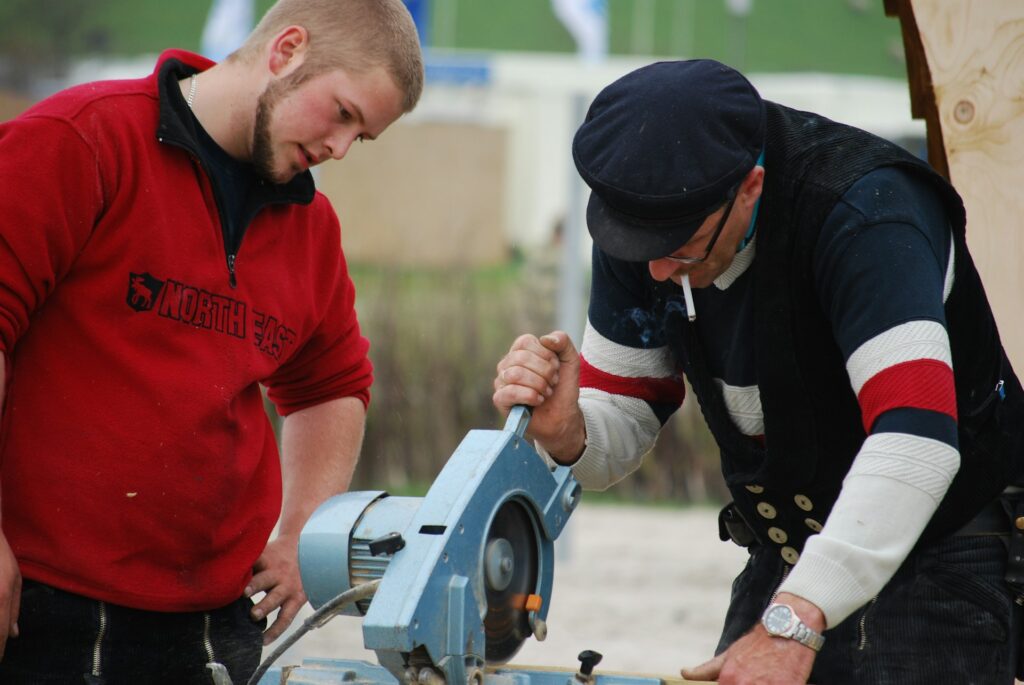
Average Handyman Costs In New Zealand
When it comes to maintaining and improving our homes, handymen are the unsung heroes who can tackle a wide range of tasks, from minor repairs to major renovations. Understanding the costs associated with hiring a handyman in New Zealand is crucial for homeowners planning their maintenance and improvement projects. This guide aims to demystify the pricing structure of handyman services, offering insights into hourly rates versus project rates, regional price variations, and additional costs that might not be immediately apparent.
Hourly Rates vs. Project Rates
Handymen typically charge either by the hour or by the project, depending on the nature and scope of the work. Average Hourly Rate for handyman services in New Zealand generally falls between NZ$25 to NZ$60. This rate can fluctuate based on the handyman’s experience, the complexity of the tasks, and the geographic location.
Project Rates – on the other hand, are quoted based on the estimated time and materials required to complete a specific task or set of tasks. This can be a more economical option for larger projects, as it allows for better budgeting and cost control from the outset. Examples of common project rates include:
– Installing a new door: NZ$150 – NZ$300
– Repairing a deck: NZ$200 – NZ$600
– Bathroom minor renovations: NZ$500 – NZ$2000
Choosing between hourly or project rates depends on your specific needs. For small, straightforward jobs, an hourly rate might be more cost-effective. For larger or more complex projects, a fixed project rate can provide peace of mind and budget certainty.
Price Comparison by Region
Handyman costs can vary significantly across New Zealand, with major cities typically commanding higher rates than rural areas. In Auckland, the bustling economic hub of the country, handyman services can command hourly rates at the higher end of the spectrum due to the high cost of living and operational costs. Conversely, in more rural areas, where the cost of living and business expenses are lower, homeowners might find more competitive rates.
For instance, a handyman in Auckland or Wellington might charge NZ$50 – NZ$60 per hour, while in smaller towns or rural areas, the rate could be as low as NZ$25 – NZ$40 per hour. This regional variation is important to consider when budgeting for home maintenance or improvement projects.
Additional Costs to Consider
While hourly or project rates cover the bulk of the expenses, several additional costs might arise. Being aware of these can help you budget more accurately and avoid surprises:
Emergency Call-Outs: Need a handyman to fix a burst pipe on a Sunday evening? Emergency services can attract a premium, often double the regular hourly rate.
After-Hours Work: Similar to emergency call-outs, work requested outside of normal business hours (evenings, weekends, public holidays) can incur higher rates.
Transportation Fees: Handymen may charge for travel time or include a surcharge if your home is located outside of their standard service area. This is more common in rural settings or for jobs in remote locations.
Materials and Supplies: While some quotes include materials, others don’t. Always clarify this upfront. For larger projects, a separate cost for materials may be outlined in the project quote.
Hiring a handyman in New Zealand involves navigating a variety of cost factors, from hourly rates to additional expenses. By understanding the typical pricing structures, regional variations, and potential extra charges, homeowners can make informed decisions that fit their budgets and project needs. Remember, the cheapest option isn’t always the best value, so consider the handyman’s experience, reputation, and the quality of their previous work when making your choice.
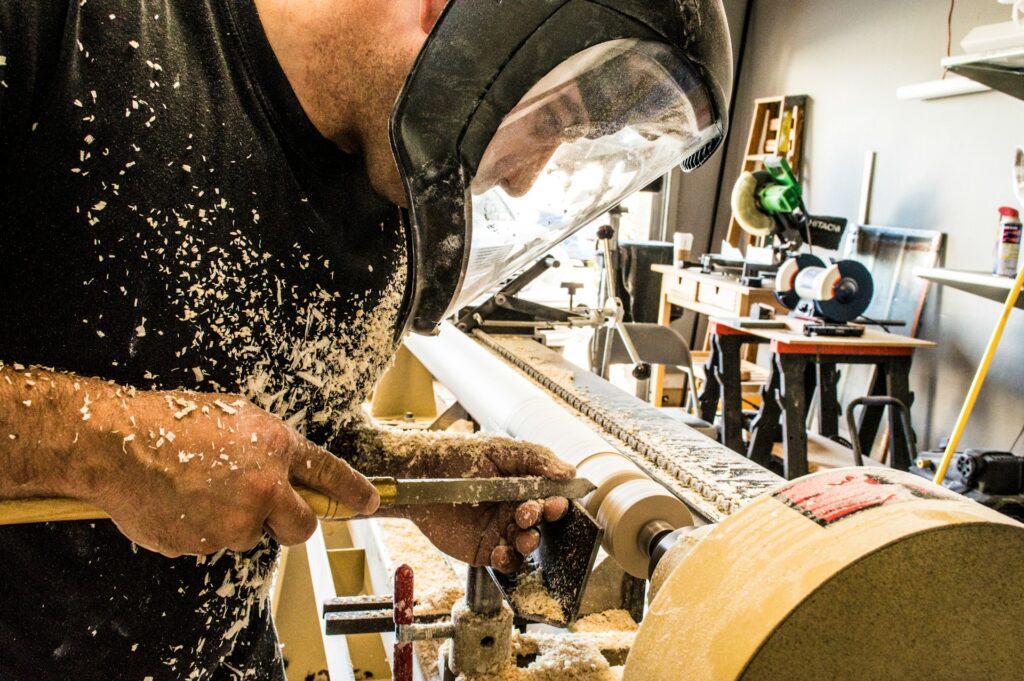
Tips For Hiring A Handyman
Getting Quotes: A Strategic Approach
The initial step in hiring a handyman involves gathering quotes from multiple service providers. This is not merely about finding the lowest price but understanding the value and quality of service each handyman offers. Start by outlining the specifics of your project in as much detail as possible. A clear project description will help handymen provide accurate and comparable quotes.
Request Detailed Quotes: Encourage each handyman to provide a detailed quote that includes materials, labor, and any other potential costs. This transparency aids in making an informed decision.
Compare Apples to Apples: When reviewing quotes, ensure you’re comparing similar scopes of work. Price differences may reflect variations in quality or service levels.
In-person Evaluation: If possible, have the handyman visit your home to assess the job firsthand. This not only helps in getting a more accurate quote but also allows you to gauge their professionalism and communication skills.
Checking References and Reviews: Due Diligence
The reputation of a handyman is a critical factor in the hiring process. Past performance often predicts future results, so it’s essential to do your homework.
Ask for References: Request contact information for previous clients. Speaking directly with them can provide insights into the handyman’s reliability, quality of work, and customer service.
Online Reviews and Ratings: Check online platforms like Yelp, Google, and Angie’s List for reviews. Look for patterns in feedback, as they can reveal consistent strengths or weaknesses.
Check for Complaints: Investigate whether the handyman has any unresolved complaints filed against them through the Better Business Bureau or local consumer protection agencies.
Understanding Payment Terms: Financial Clarity
Discussing and agreeing on payment terms upfront can prevent misunderstandings and disputes down the line. Handymen may have different billing practices, so it’s important to clarify these aspects before work begins.
Deposit and Payment Schedule: Some handymen require a deposit upfront, especially for larger projects. Make sure you understand the payment milestones and what each payment corresponds to regarding project progress.
Estimate vs. Fixed Price: Determine whether the quote is an estimate (which can change) or a fixed price. Fixed price agreements offer more predictability but may be higher to account for the handyman’s risk.
Payment Methods: Discuss acceptable payment methods. While some handymen prefer cash or check, others may accept credit cards or digital payments, which can offer more security and convenience.
Hiring a handyman requires thoughtful consideration and careful planning. By obtaining detailed quotes, conducting thorough research on references and reviews, and understanding payment terms, homeowners can make informed decisions that lead to satisfactory home improvement outcomes. Remember, the goal is to build a relationship with a professional who not only meets your current needs but can also be a go-to resource for future projects. Investing the time to choose the right handyman can save time, money, and stress in the long run, ensuring your home remains in good hands.
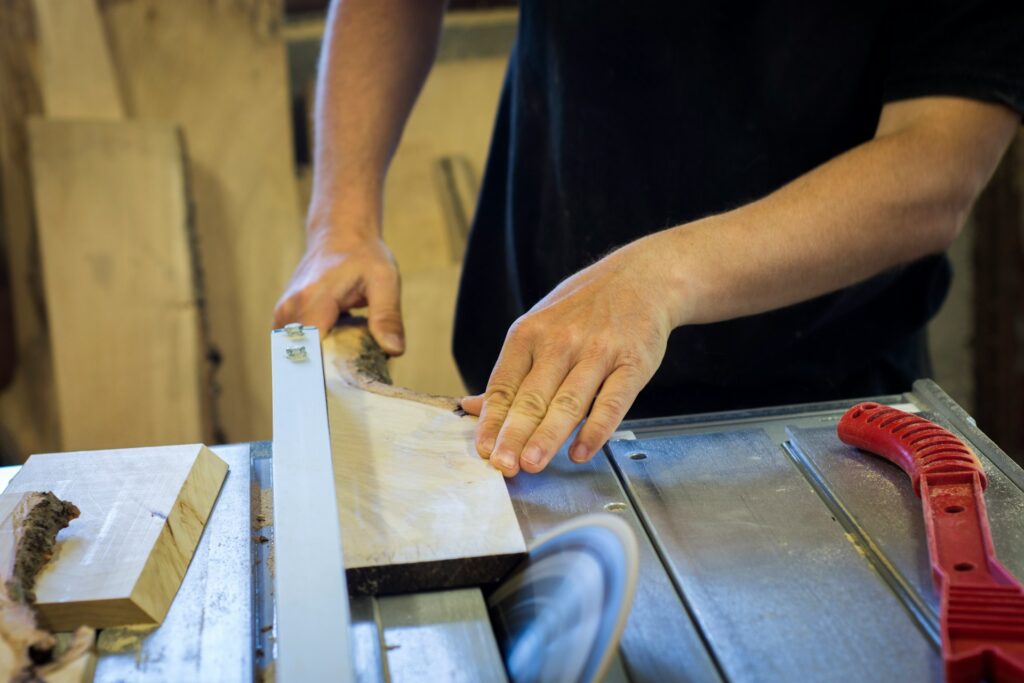
Saving Money On Handyman Services
In the quest to maintain and upgrade our homes, we’re often faced with the dilemma of deciding whether to embark on a do-it-yourself project or to enlist the expertise of a professional. This decision is crucial not only for ensuring the safety and integrity of our homes but also for optimizing our expenditures in home maintenance and improvement.
When to DIY
Simple Repairs and Upgrades: Tasks such as painting, basic landscaping, or simple fixture replacements can often be undertaken by homeowners with a reasonable amount of DIY knowledge and minimal risk.
Learning Opportunity: DIY projects can serve as excellent opportunities to acquire new skills and knowledge, turning home maintenance into a rewarding learning experience.
Cost Savings: When you do it yourself, you’re essentially saving on the labor costs associated with hiring a professional. This can be a significant saving, especially for tasks that require minimal specialized tools or materials.
Opting for Professional Help
Specialized Tasks: Certain repairs or upgrades require specialized knowledge or tools that the average homeowner may not possess. Electrical work, plumbing, and structural modifications fall into this category.
Safety Concerns: If a project involves a significant risk of injury or property damage, it’s prudent to hire a professional. Their expertise not only ensures safety but also peace of mind.
Time Efficiency: Professionals can often complete tasks more quickly and efficiently than an amateur, saving you time and potentially reducing the inconvenience of having an ongoing project in your home.
Strategic Job Bundling for Better Rates
One often overlooked strategy for saving money on handyman services is the practice of bundling jobs. Rather than hiring a professional for one task at a time, consider compiling a list of several tasks that can be accomplished in one visit.
Economies of Scale: Many service providers offer reduced rates for larger jobs. By bundling tasks, you can leverage this to your advantage, securing a better overall rate for multiple tasks.
Reduced Travel and Setup Time: Service providers often charge for the time it takes to travel to a job site and prepare for work. By having several tasks completed in one visit, you minimize these often overlooked costs.
Negotiation Leverage: A larger job gives you more room to negotiate with service providers. Don’t hesitate to ask for a discount or a better rate when offering a substantial amount of work.
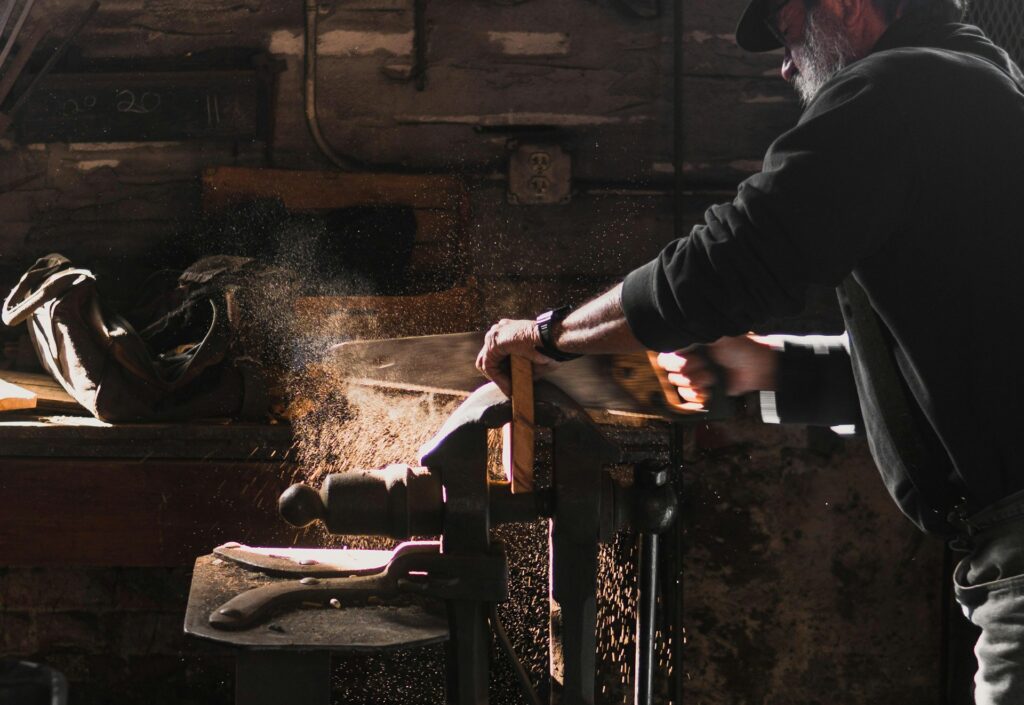
The Pros And Cons Of Supplying Your Own Materials
Another aspect to consider in the quest to save on handyman services is the decision to supply your own materials. This approach has its advantages and disadvantages.
Advantages
Cost Savings: Purchasing your own materials allows you to shop around for the best deals, take advantage of sales, and potentially save money compared to the markup some professionals may charge on materials.
Personal Preference: Selecting your own materials ensures that you get exactly what you want in terms of aesthetics and quality.
Disadvantages
Risk of Incorrect Materials: Without professional guidance, there’s a risk of purchasing the wrong materials, which can lead to project delays and additional costs.
Warranty Issues: Some professionals may not warranty their work if they’re not using materials they have sourced themselves. This can be a significant consideration, especially for major repairs or upgrades.
Saving money on handyman services doesn’t just come down to cutting costs at any opportunity. It’s about making informed decisions that balance cost with considerations like safety, quality, and time efficiency. Whether you choose to DIY, bundle jobs for better rates, or supply your own materials, a thoughtful approach will ensure that you maximize savings while achieving the best possible outcomes for your home improvement projects. Engaging in a dialogue with your service provider, seeking multiple quotes, and educating yourself on the tasks at hand can further empower you to make cost-effective choices in maintaining and enhancing your home. Contact us if you need a handyman in Hamilton.
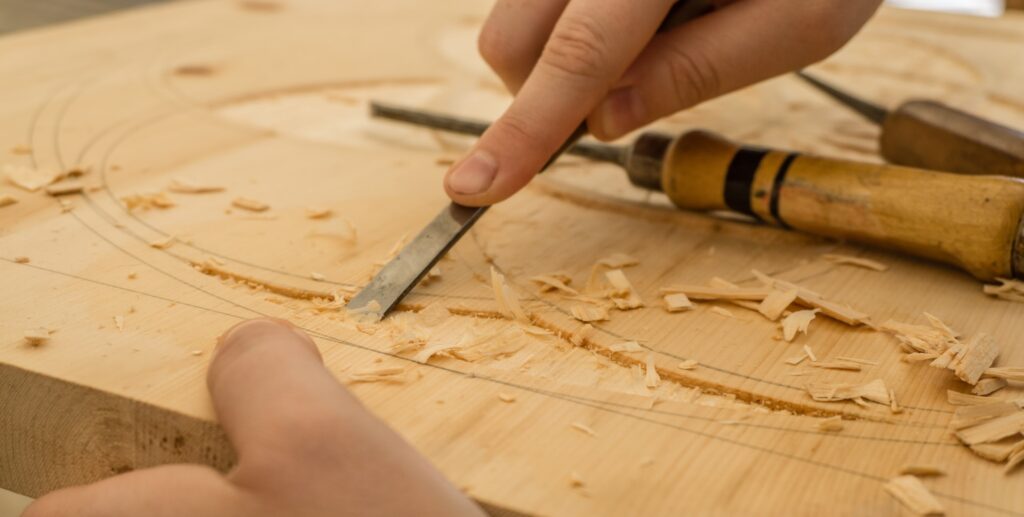
FAQs: Hiring A Handyman In New Zealand
Conclusion
In today’s dynamic environment, understanding the multitude of factors influencing handyman costs in New Zealand is essential for effective planning and budgeting of maintenance and repair needs. The scope of work required significantly impacts costs, with complex tasks demanding higher fees, while the experience and expertise of the handyman also play a crucial role, often dictating the quality and efficiency of the job.
Location within New Zealand further affects pricing, with urban areas typically commanding higher rates due to increased living and business expenses. However, the cheapest option isn’t always the wisest choice; prioritizing value, quality, and reliability over mere cost can lead to more durable and satisfactory outcomes.
By considering these aspects—type of work, professional experience, and job location—homeowners and property managers can make informed decisions, ensuring their properties are well-maintained and that they receive the best possible service within their budget constraints. This approach not only addresses immediate repair needs but also contributes to the long-term value and integrity of the property, making it a wise investment in the property’s future.
About the Author:
Mike Veail is a recognized digital marketing expert with over 6 years of experience in helping tradespeople and small businesses thrive online. A former quantity surveyor, Mike combines deep industry knowledge with hands-on expertise in SEO and Google Ads. His marketing strategies are tailored to the specific needs of the trades sector, helping businesses increase visibility and generate more leads through proven, ethical methods.
Mike has successfully partnered with numerous companies, establishing a track record of delivering measurable results. His work has been featured across various platforms that showcase his expertise in lead generation and online marketing for the trades sector.
Learn more about Mike's experience and services at https://theleadguy.online or follow him on social media:

